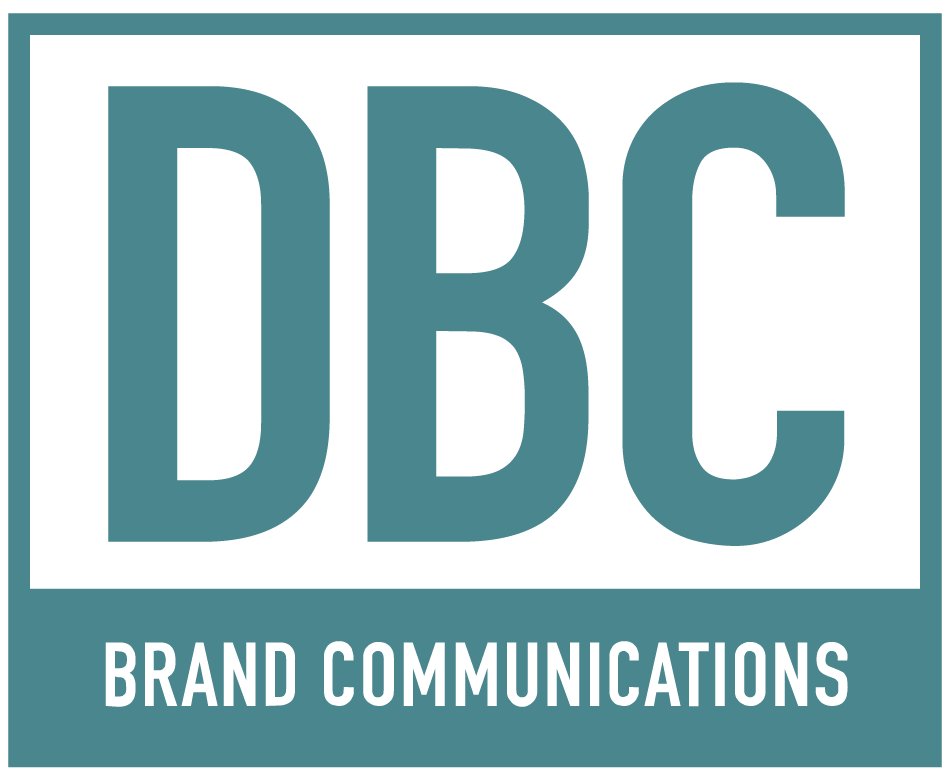Much B2B advertising for adtech or march companies tends to focus on the assertion of some level of product or service superiority – best quality “data,” or “ground breaking” technology, for example.
Such assertions, however, are generally ineffective. No end user would accept them at face value, and in fact, statements such as these can produce an adversarial situation as they force the target to question or asses the claim being made.
Therefore, rather than creating affinity, they creation friction.
But more importantly, they miss what the point of B2B advertising actually is, which is to foster predisposition through demonstration of understanding.
No end user is coming to market for “ground breaking” technology – or even for the best “quality” data. In fact, in many interviews we have conducted in the course of brand platform development work, an unwilling ness to pay for better data is frequently expressed, based on the perception that all that is needed is data that is “good enough.”
End users come to market because they have a problem. They are not realizing sufficient return on ad spend or they are not optimizing the value of their ad inventory, for example. Therefore, what they are looking for is a provider who understands their problem uniquely.
Utilizing a demonstration of understanding in B2B advertising – talking more about your target than your product or your company – is the most effective way to address the two main challenges of promotional messaging – securing attention and motivating engagement.
Demonstrating an understanding of the end user’s problem both captures attention – as we are always more interested in reading about what we feel than what otter’s want to say – and drives engagement. End users will always feel that a provider that understands them and their problem in a way that no other provider does is uniquely qualified to help them.
In the end, B2B advertising should be focused as much on emotion as objective argument. End users, of course, are people, and they tend to make decisions based on emotions as much as they do rational argument.
Reflect your targets needs in your advertising to gain their attention and demonstrate understanding. Once you have established that you understand their challenges like no one else, product education becomes much more effective and the conversion cycle significantly shortened.
Reach out to learn how we can help you more effectively reach your B2B marketing objectives.

